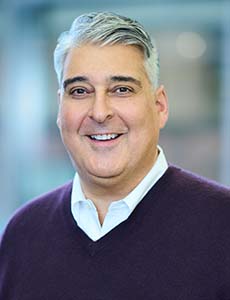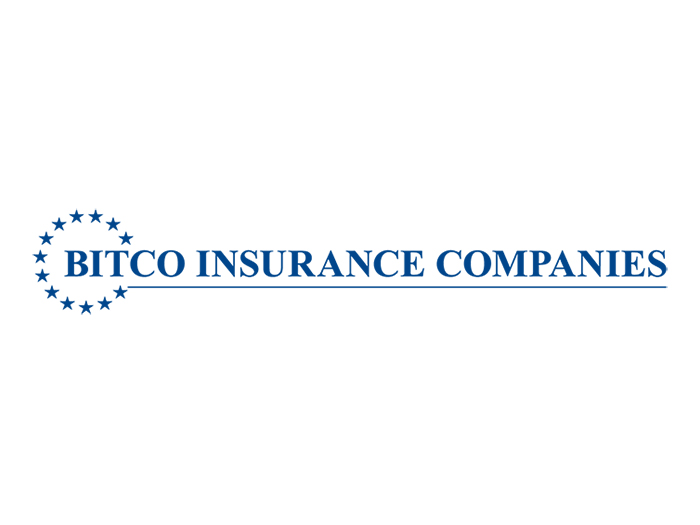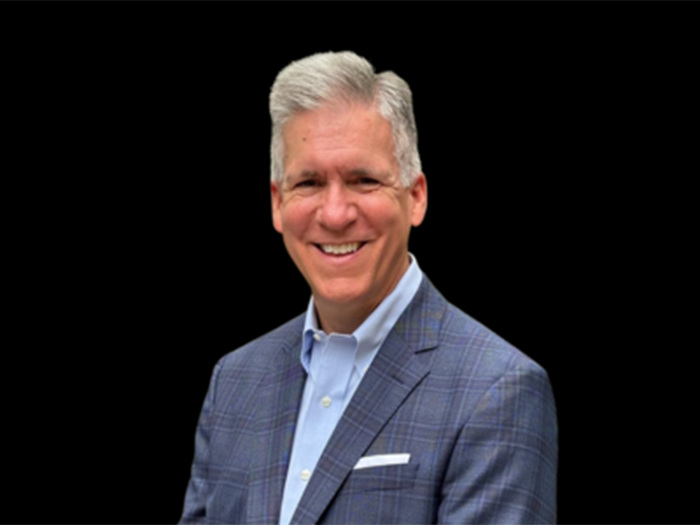The Number of People with Disabilities in the Workforce Is Growing. But Will They Find Careers in Insurance?

The term “disability” encompasses a vast spectrum. Overall, more people who identify as “disabled” are actively engaged in the workforce today than in recent years.
According to the Bureau of Labor and Statistics, in 2022, 21% of persons with a disability were employed, up from 19.1% in 2021. Whether this increase is directly tied to greater availability of hybrid work options or a function of more people becoming disabled, some experts expect to see the trend continue.
“Within the next 10 years, I think, the number of people with disabilities working is going to increase quite a bit,” said Gilmara Vila Nova-Mitchell, director of diversity, equity and inclusion at IMT Insurance.
But is the risk management and insurance industry ready to make space for more people with disabilities?
Finding the Right Fit
In risk management, it’s important to consider the work that has to be done and how to then accommodate people’s specific needs, said Grant Reichert, director of risk management at real estate investment trust Camden.
Site safety, an integral facet of risk management in real estate development, is one function that he said could present challenges.
Visiting real estate developments can involve fatiguing travel, not to mention that, in the early stages, many sites are not yet equipped with elevators and other accessibility features, Reichert said.
But such physicality is not always required, Reichert acknowledged. “I could be in my office for the next three months and be just fine. So depending on what you’re doing within corporate risk management, there’s a way forward for you,” he said.
Given that much risk management comes down to problem-solving, Vila Nova-Mitchell said, disabled people have a lot to offer the industry.
“People with disabilities can bring a very unique perspective and value to the field of risk management,” she said. “They are very skilled at problem-solving; they have to problem-solve [constantly] because our society is not designed for them.”
Reichert agreed and views keen problem-solving as a necessary skill for risk identification: “Essentially, you’re using your imagination to figure out all the potential risks the company faces. So having a different perspective definitely [can] help identify and treat uncommon risks.”
The Ability to Lead
Vila Nova-Mitchell anticipates that more risk and insurance-related organizations will welcome the perspectives of people with disabilities in the years ahead. Much of the advocacy needed to open more doors could come from top leaders who are disabled.
Francis Hyatt, chief sustainability officer, Liberty Mutual Insurance, is one of the industry leaders currently driving such change.
“When I became vision impaired in 2011, I didn’t want to be seen as having a diminished capacity,” he said. “My manager created a safe space for me to talk about my needs and determine the accommodation that would ensure I could continue to be successful.”
For more than 30 years prior to becoming CSO in 2019, Hyatt helped shape a wide range of leadership and workforce strategies at Liberty Mutual — most recently leading the enterprise talent practices group.
“This breadth of experience provided a unique view into the needs of our employees, the challenges they face every day and the opportunities we have to best support them,” he said.
In 2021, Liberty also launched a multiyear accessibility action plan focused on evolving policies, benefits, infrastructure and programing.
“Part of the plan included the launch of a seventh employee resource group (ERG), Able@Liberty + Allies, dedicated to fostering awareness, understanding and support for people with disabilities, caregivers and family members,” Hyatt shared.
As the co-executive sponsor of this ERG, Hyatt said, “I’ve always felt supported in my disability journey and want to help others across the company feel the same.”
There’s a Place for You Here
Vila Nova-Mitchell recommends that insurance leadership make deliberate efforts to recruit people with disabilities.
One place a growing number of organizations are seeking out talent from an often-overlooked community is Gallaudet University, a global leader in postsecondary education for deaf and hard of hearing people.
In 2015, a risk management and insurance (RMI) program launched at Gallaudet with funding from the Maguire Foundation.
Mirroring the experiences of other RMI program directors, James Bruner, executive director of Gallaudet University’s risk management and insurance program, has worked diligently to build a pipeline from Gallaudet to the industry.
“I’m proud of all the doors that have been open for a lot of these students,” Bruner said, reflecting on the approximately 50 deaf and hard of hearing people who have graduated from Gallaudet’s RMI program.
“And keep in mind, when they came to Gallaudet, the last thing they thought about was majoring in insurance,” he said.
With unwavering support from both the university leadership and Maguire, Bruner has been able to help students see that “there’s a place for you in the insurance industry,” he said. “It’s an enormous business and the tentacles go everywhere.”
Interning Gallaudet students have excelled in a variety of workplaces, from the DC Department of Insurance, Securities & Banking to major brokerage firms. From those initial opportunities, Bruner’s former students have gone on to build careers as analysts, brokers and underwriters.
And now that a recent alumnus has passed his first actuary exam, Bruner sees actuarial careers on the horizon for future graduates as well.
Though the playing field is not equal for his students, Bruner said, many of Gallaudet’s internship program partners patiently work together with his team to resolve any accessibility challenges that arise despite diligent planning and preparation.
But thanks to technological advancements, Bruner said, facilitating communication (which tends to be the most significant hurdle his students must overcome among hearing colleagues) is much easier than it’s ever been.
Visibility Matters
Between his three decades of insurance industry experience and the expertise offered by Gallaudet’s three adjunct RMI professors, Bruner takes great pride in the quality of the education and industry preparation the students receive.
“I was able to hire three amazing adjunct professors that have been in the field for years,” he said, which has “offered students an opportunity to hear directly from the professors that understand the business. It’s not just all theory … It’s real-world, real-life [experience].”
The most valuable learning moments, however, are when former students return to give presentations to current students.
“Think about how powerful that is, having one of your own give that presentation and say, ‘You can do it too,’ ” he noted. “It’s one thing for me to tell them; it’s a whole different ball game for former students to tell them that too.” &











